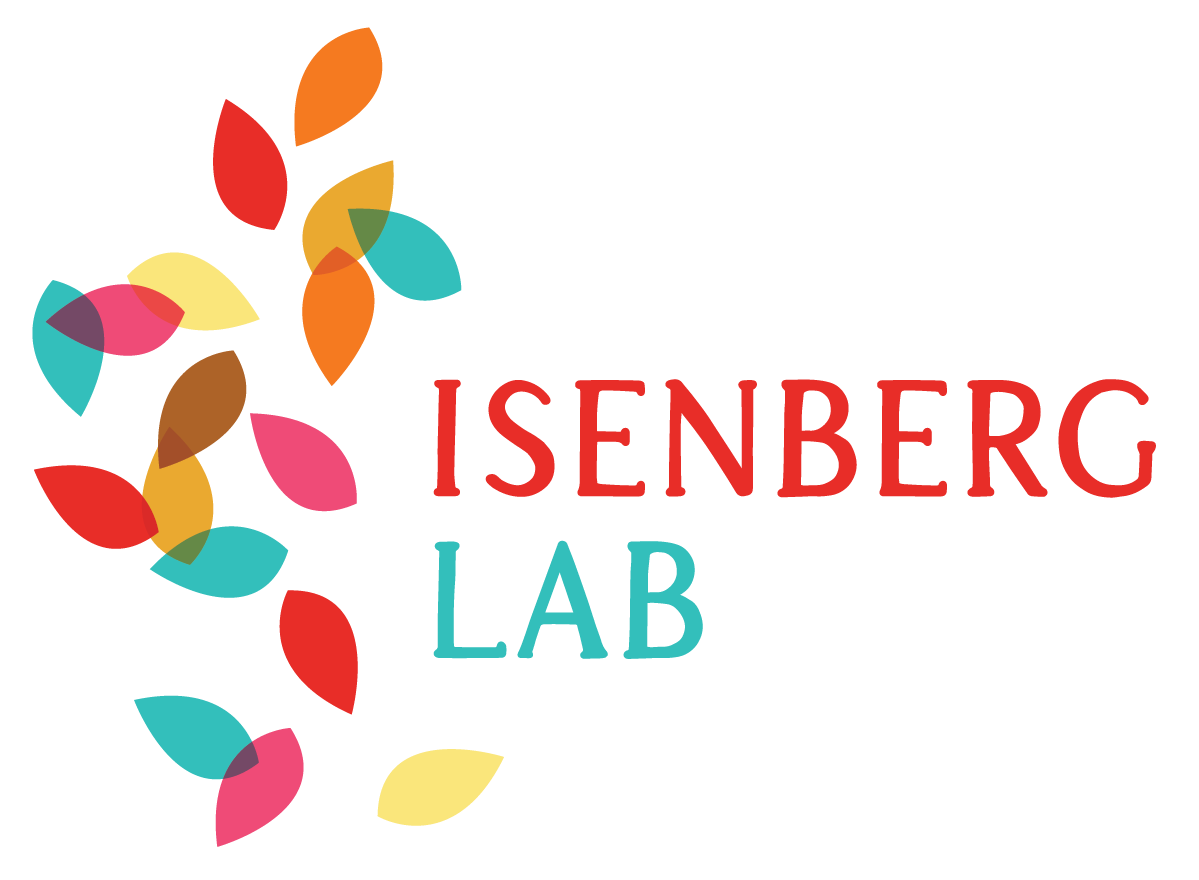This interactive installation combines research and design to explore the topic of end-of-life experiences. Borrowing characteristics of a diner, The Terminal Diner invites participants to complete menu “chits” detailing selections for their “orders” for their own desired end-of-life healthcare journeys, and to “leave “reviews” of past experiences, capturing experiences of a loved one’s end-of-life care journey. Participants are invited to “place their orders” by attaching completed “chits” to the installation. Explore the selections on offer at the Diner here!
Death and end of life remain difficult topics for many Canadians. Understanding our wants and needs, or the wants and needs of our loved ones, is a valuable part of the end-of-life journey.
To better understand how we grapple with death, researchers are interested in what we might consider an ideal experience at end of life, to help guide the future of healthcare in Canada.
This installation is funded through a Canadian Institutes for Health Research project grant. This installation was developed using a co-design process, with health services researchers, innovation designers, and people with lived experience. Read more about our team:
The Researchers:
Dr. Sarina Isenberg is the Chair in Mixed Methods Palliative Care Research at the Bruyère Health Research Institute and an Assistant Professor in the Department of Medicine and School of Epidemiology and Public Health at the University of Ottawa. Her research focuses on examining access to palliative care for non-cancer and marginalized populations and testing ways to improve access to and quality of care.
Dr. Michelle Howard is an Associate Professor in the Department of Family Medicine at McMaster University. Her research focuses on continuity of care and the role of family medicine in end-of-life care.
Aria Wills is a health services Research Coordinator, currently supporting end-of-life and palliative care at the Bruyere Research Institute. Leveraging mixed methods, her research interests lie in improving the quality of life and care for marginalized populations across care settings.
Shuaib Hafid is a Statistical Analyst at the Department of Family Medicine, at McMaster University. He completed a BA and an MPH at McMaster University, a Professional Specialization Certificate in Population-Level Data Analysis at the University of Victoria, and is currently enrolled in the Health Research Methodology PhD Program at McMaster University. His research interests include population-level health administrative data analysis, large-scale EMR data analysis, geospatial analysis, primary care, and end-of-life care.
Aleisha Fernandes is a Research Assistant at the Department of Family Medicine, at McMaster University. She completed a BSc at Simon Fraser University in Health Sciences and an MSc (Epidemiology specialization) at Queen's University and is currently enrolled in the PhD (Epidemiology specialization) program at Queen's University. She has also worked in a few health authorities conducting quality improvement, program evaluation and planning, as well as research on epidemiological studies.
The Designers:
Kate Wilkes is always keen for opportunities to leverage diverse perspectives to make sense of complex problems in pursuit of impactful solutions. Kate studied at the University of Toronto, George Brown College's Institute without Boundaries, and the Dun Laoghaire Institute Of Art, Design + Technology in Ireland. Kate’s interest in the death, dying, and the end-of-life period is rooted in her own experience navigating her mother’s illness and death in 2015.
Karen Oikonen is a designer based in Toronto, Canada. She has a Bachelor of Interior Design from the University of Manitoba and a Masters of Design in Strategic Foresight and Innovation, from OCAD University. She teaches design research at OCAD University and design thinking at Sheridan College – She finds that having a foot in an academic environment challenges her perspective and is deeply fulfilling. Her experience in health care helped to develop a rigorous approach to research while allowing her to engage directly with patients, caregivers, and clinicians – this helped shape her exploratory path to innovation design – from visual and spatial design to service design and design research.
The Caregiver Advisor:
Nyanna Flynn was invited to be a part of the design team to bring real life experience to the thought process. Her husband, Rene Flynn, passed away November 2022 from kidney failure. Supporting him through his illness allowed Nyanna insight not only into his struggle but also to the challenge of caregiving and coordinating care in our current medical system.
Photo credit: Karl Everett
Photo credit: Karl Everett
Photo credit: Karl Everett
Photo credit: Karl Everett





